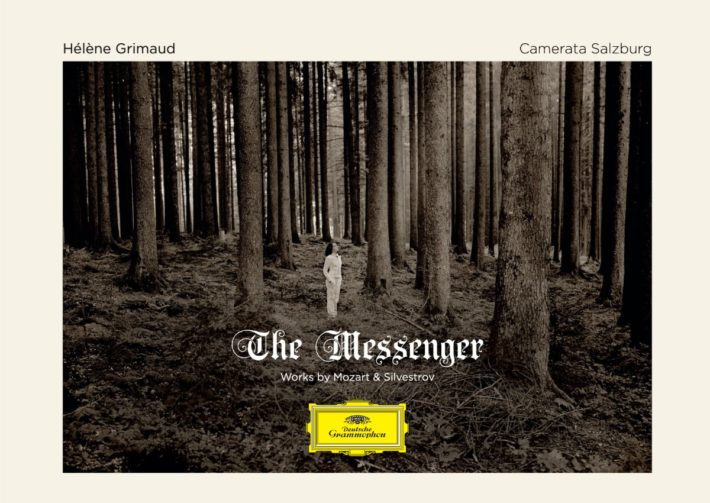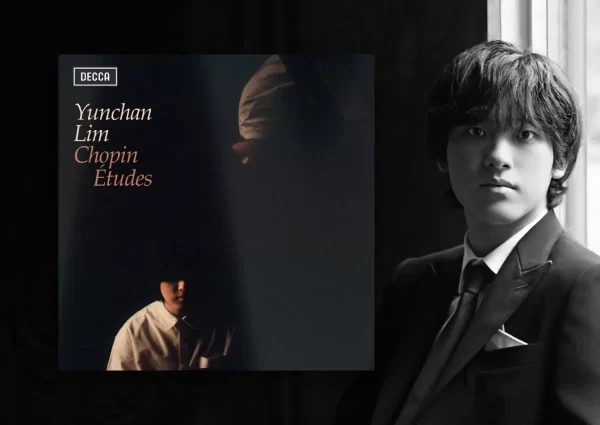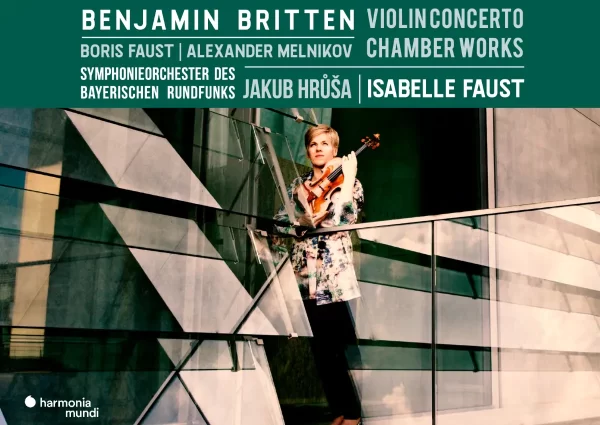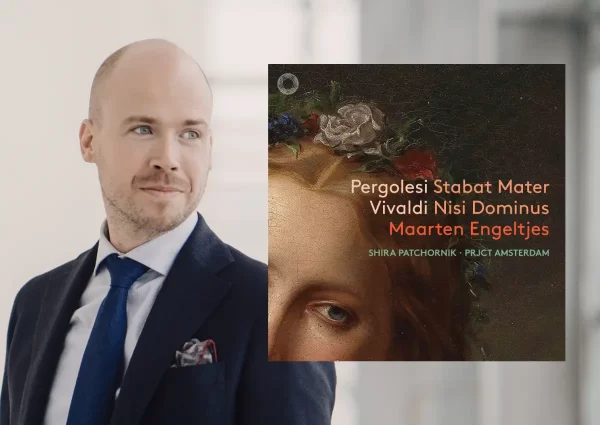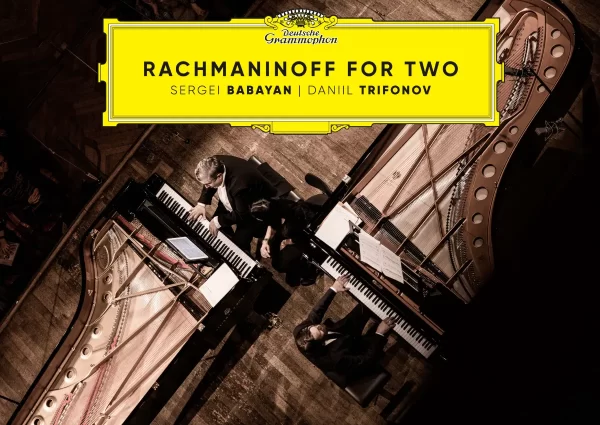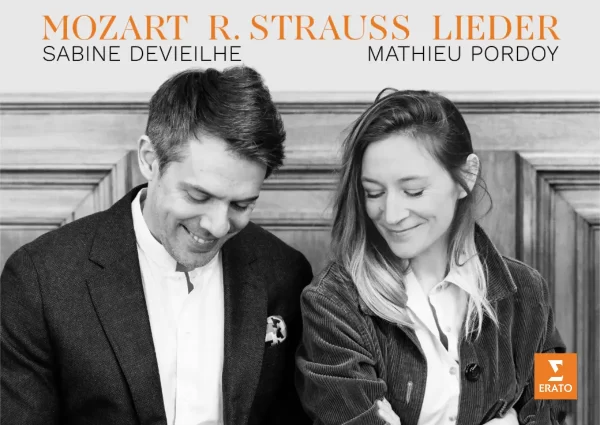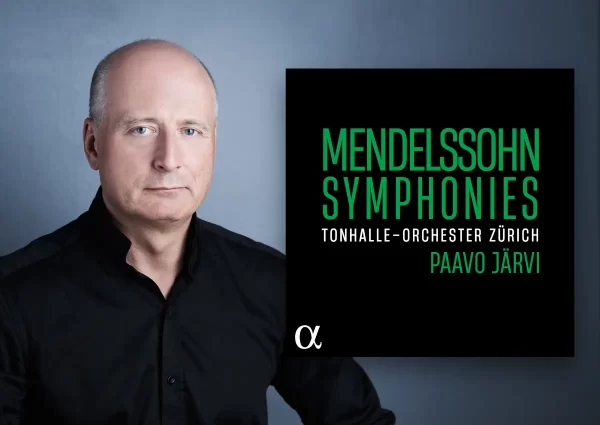“The Messenger” from pianist Hélène Grimaud, is a curiously programmed and executed album. Taking its title and inspiration from a piece by the contemporary composer Valentin Silvestrov, Grimaud juxtaposes his “Dialogues with Postscript” with two fantasias and a Concerto by Mozart, creating two highly contrasting musical sequences.
Grimaud’s approach to Mozart here is rather angular. The piano tone throughout is overly articulate and brittle in the right-hand, whilst the heavily executed left-hand makes chords sound dense and the octaves harsh.
The D minor fantasy, which opens the album, acts as a prelude to the D Minor Concerto: Grimaud omits the coda, leading straight into the Concerto. While this is an interesting idea, it will disappoint those who cherish the Fantasy’s famous concluding theme. Here and in the C Minor Fantasy, the pianist views the works as brisk, quasi-improvisations. She uses rubato to emphasize the dramatic character, taking liberties with the timing and rests. While the intention is clear, the execution isn’t as successful and lacks cohesion. The abrupt ending to the fantasy doesn’t run seamlessly into the lengthy orchestral exposition of the Concerto, and the gap between them is uncomfortably noticeable.
Continuing with a momentum-driven and highly animated approach to the D Minor Concerto, it feels relentlessly and monotonically dark. The first movement is spirited and intense, while the second movement is missing a genuine tenderness in the opening, not fully realizing Mozart’s Romanza marking. The brittleness of tone prevents the cantabile melodies from really singing, breaking the elegance of Mozart’s phrasing. The onward motion in the third movement continues, and upon reaching the conclusion, the prevailing nervous energy and anxiety become relentless. The Camerata Salzburg’s colors match the acerbic piano tones, with the woodwind often wrestling to penetrate through the aggressively played strings. The cadenzas chosen are by Beethoven, and are executed in the same overly direct approach. In reaching the end of the album’s Mozart segment, one feels exhaustion from the relentless hard-edged aesthetic.
Related Classical Music Reviews
- Review: Mozart – Piano Concertos, Vol 5 – Bavouzet
- Review: Mozart – Piano Concertos No. 19 and 27 – Piemontesi, Manze
- Review: Grigory Sokolov Plays Beethoven, Brahms, Mozart
With careful programming, Silvestrov’s style can be complementary to Mozart, with his depictions of introspection, calmness and reflection. “The Messenger” appears here in two versions. The one for piano and strings with some sound effects (track 6), brings needed emotional release and contrast. This cinematic track, with its Mozartian echoes, is gently melancholic; the version for solo piano, which concludes the album, evokes a deja vu. The astringent string tones in the “Two Dialogues and Postscript”, which form the central part of this sequence, are appropriately atmospheric, mysterious and convincing, but they don’t showcase Silvestrov at his finest (his Symphony No.4 comes to mind as a good representation).
Grimaud’s unconventional Mozart Concerto doesn’t have the same detailed phrasing as many fine examples in the catalog, omitting the poetry of Mitsuko Uchida, the classicism of Daniel Barenboim or the refinement of Jean-Efflam Bavouzet. The Camerata Salzburg is in good form but far from providing the same superb execution given to Sándor Vegh with pianist András Schiff.
As in most of Grimaud’s latest “concept albums” for Deutsche Grammophon, the vision and programming show creativity and ingenuity; the execution is relentless and ultimately exhausting, which disappointingly prevents something so curious from being as engaging as it could be.

“The Messenger”
Mozart – Piano Concerto No. 20 in D Minor, K.466
Fantasy in D Minor, K.397
Fantasy in C Minor, K.475
Silvestrov – “The Messenger” (2 versions), Two Dialogues
Hélène Grimaud
Camerata Salzburg
Deutsche Grammophon, CD 4837853 / Vinyl 4838258
Recommended Comparisons
Schiff |Uchida | Barenboim | Bavouzet
Read more classical music reviews or visit The Classic Review Amazon store
Follow Us and Comment:
Get our periodic classical music newsletter with our recent reviews, news and beginners guides.
We respect your privacy.

